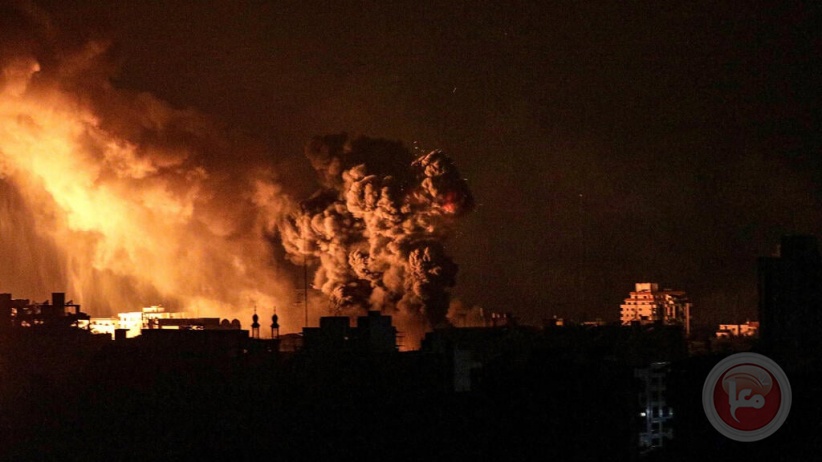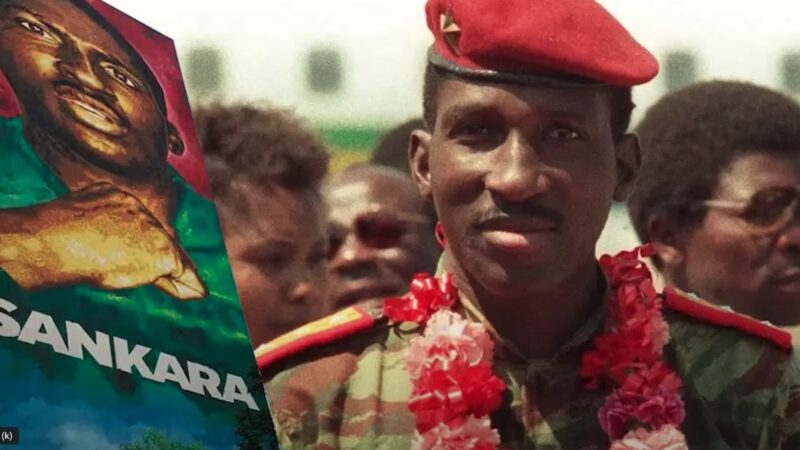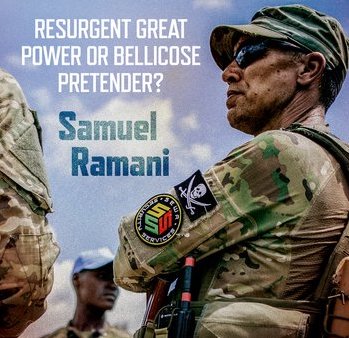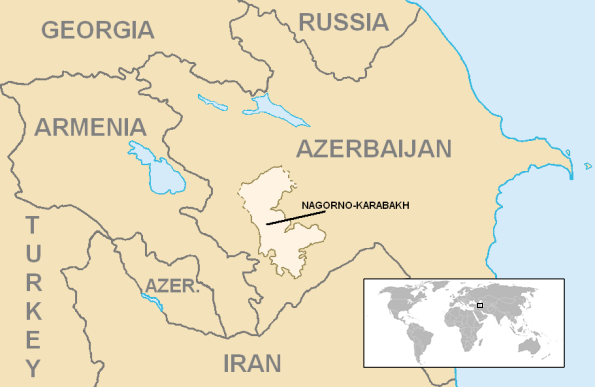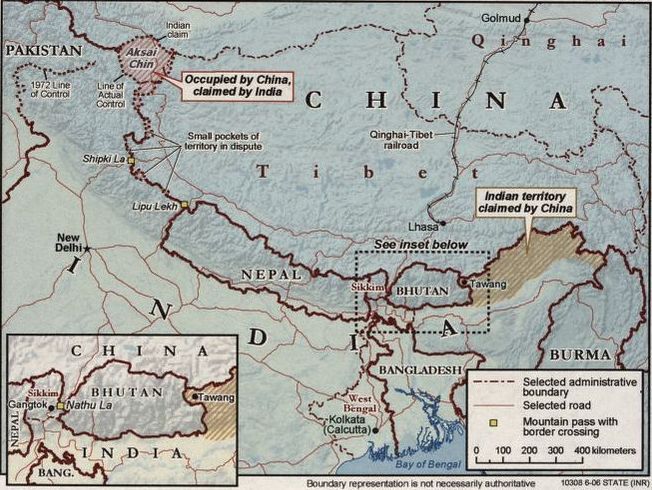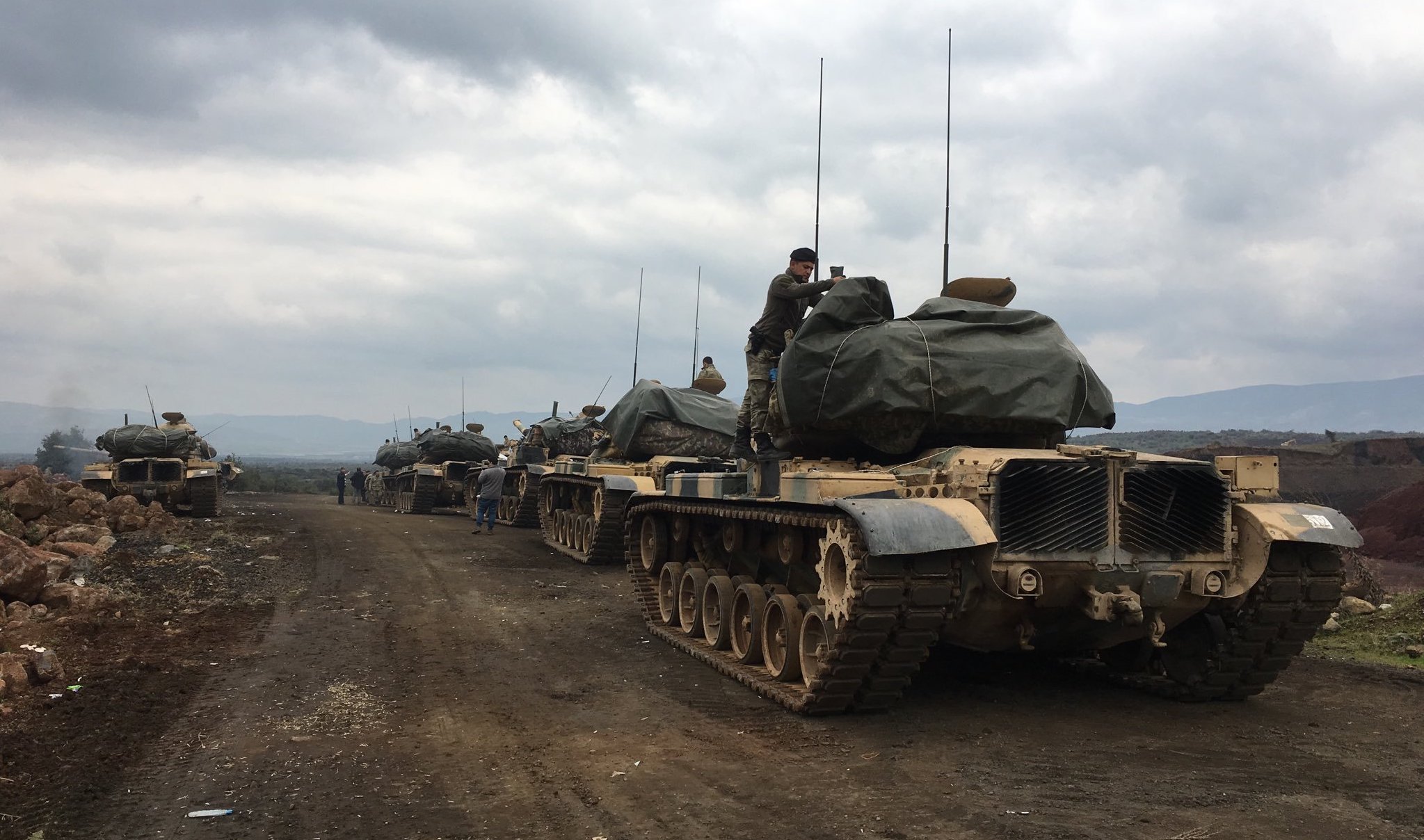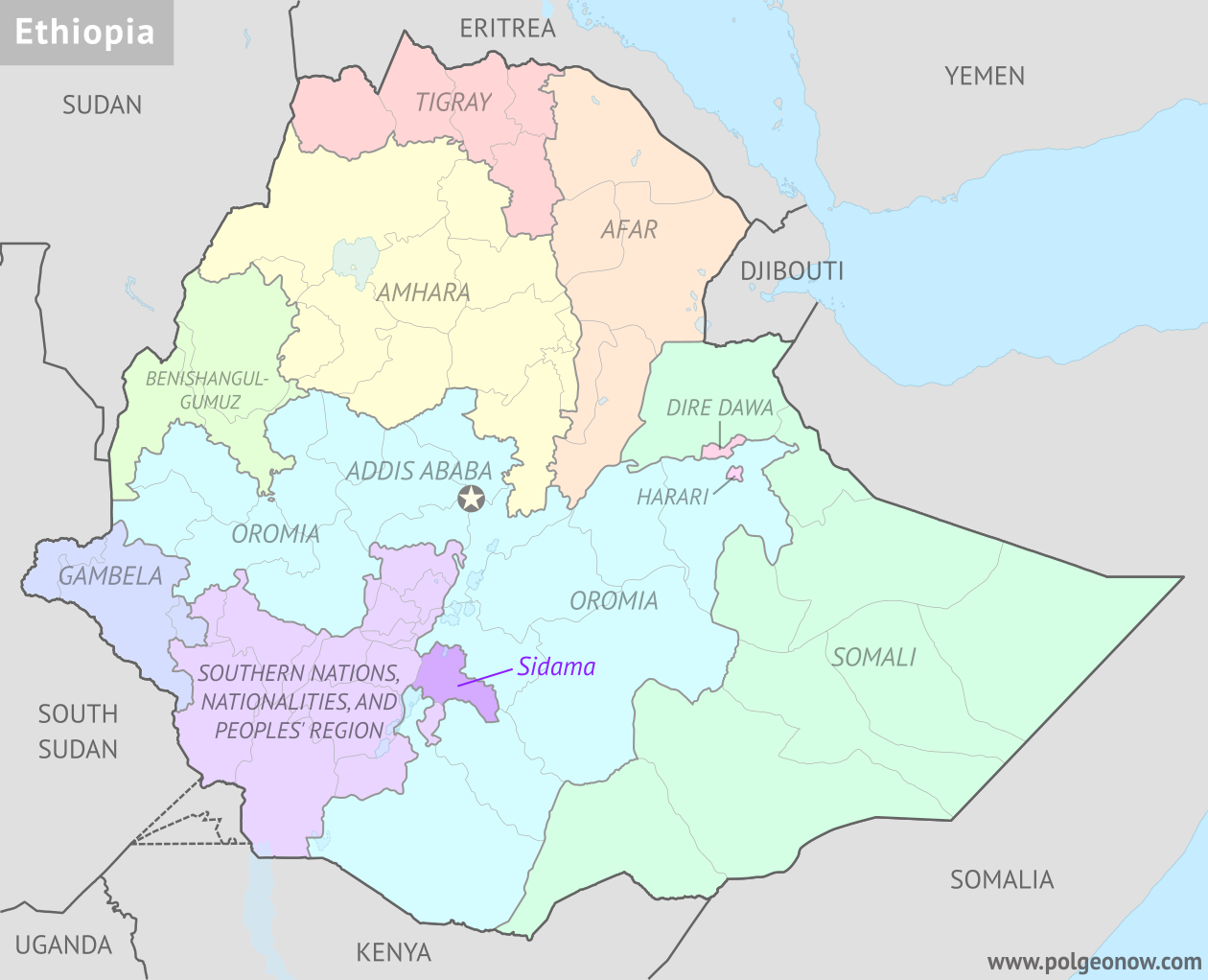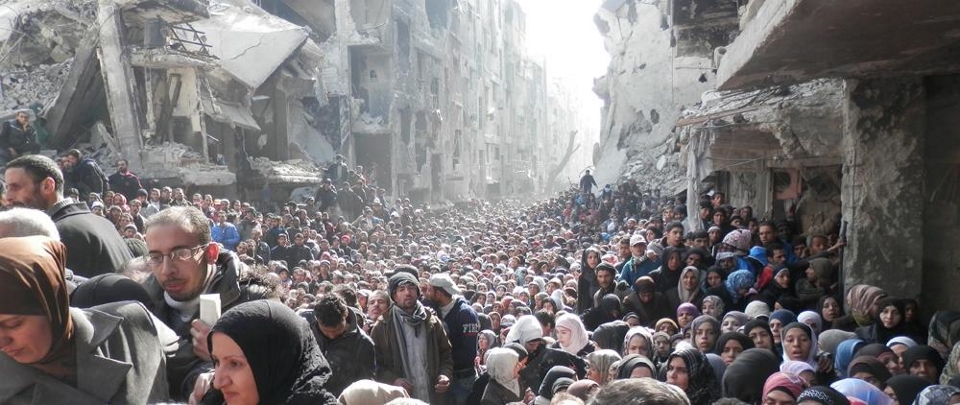
Gaza & Yarmouk: forbidden symmetry
As Israel crosses the genocidal threshold in Gaza, a regional summit in Riyadh protests, issuing an urgent call for a ceasefire. Yet the regional powers at that summit are guilty of equivalent crimes—Saudi Arabia in Yemen, and Iran and the Basar Assad regime in Syria. Assad’s propaganda chief Bouthaina Shaaban especially decried Israel’s targeting of hospitals in Gaza. Yet just last month, the Assad regime bombed hospitals in Syria’s rebel-held north. Indeed, the Assad regime also savagely bombed and besieged Palestinians for months, at Yarmouk refugee camp outside Damascus. In Episode 200 of the CounterVortex podcast, Bill Weinberg notes with chagrin that key organizers of this month’s National March on Washington for Palestine included pseudo-left “tankie” formations that actively support the genocidal Assad regime. They also now abet Russia’s genocidal campaign in Ukraine, in which hospitals have been repeatedly targeted. This moral contradiction undercuts our effectiveness in advancing the demand for a Gaza ceasefire. Listen on SoundCloud or via Patreon. (Photo: Palestinians await aid distribution at Yarmouk, 2014. Credit: UNWRA)



